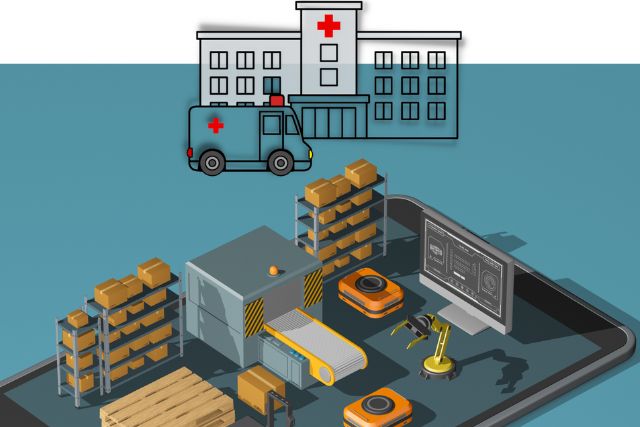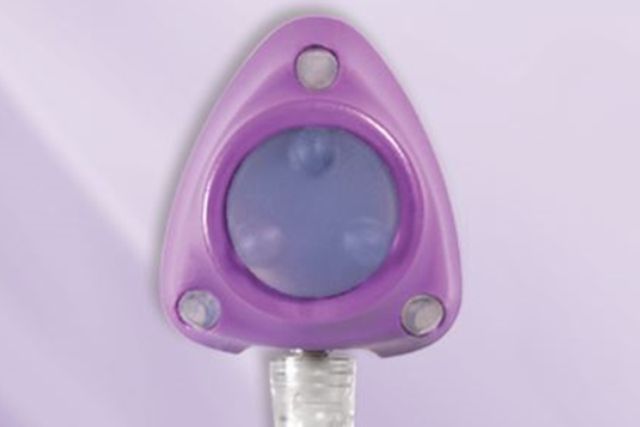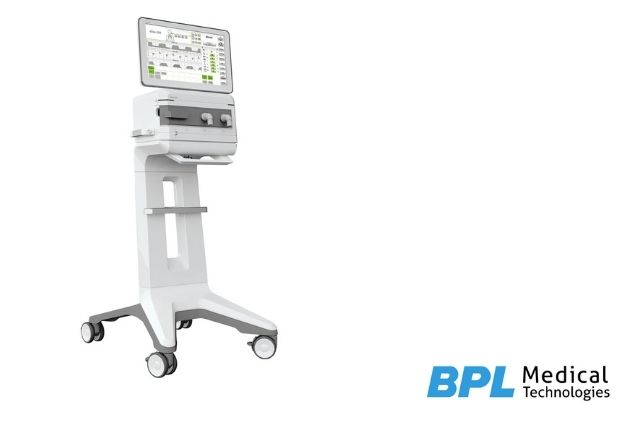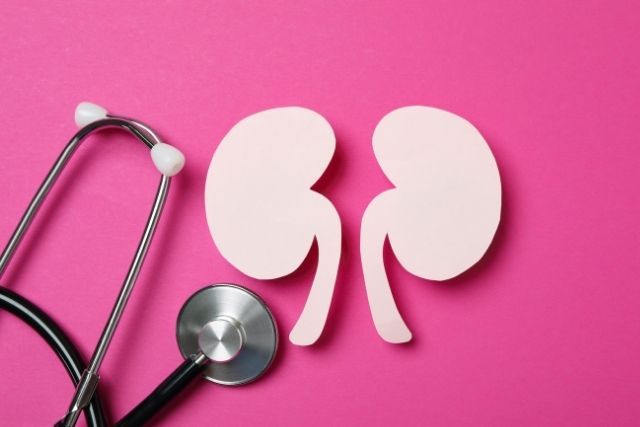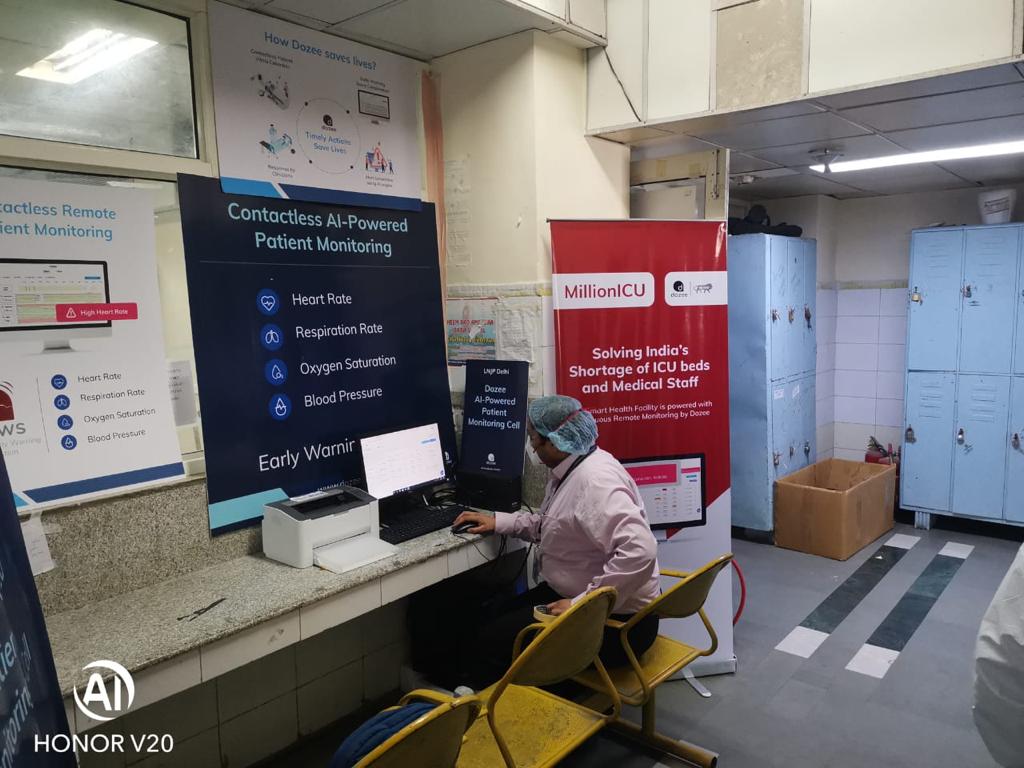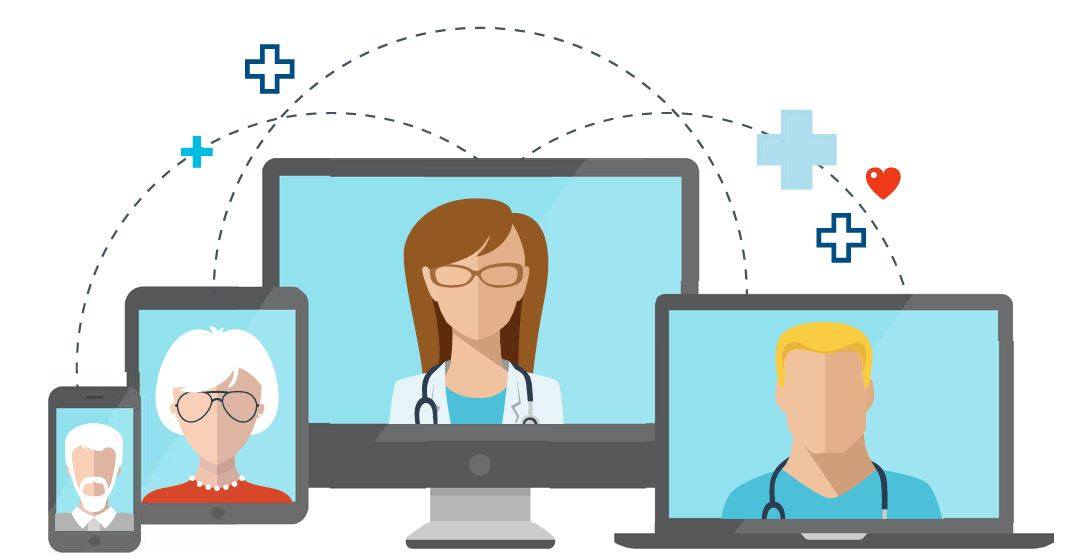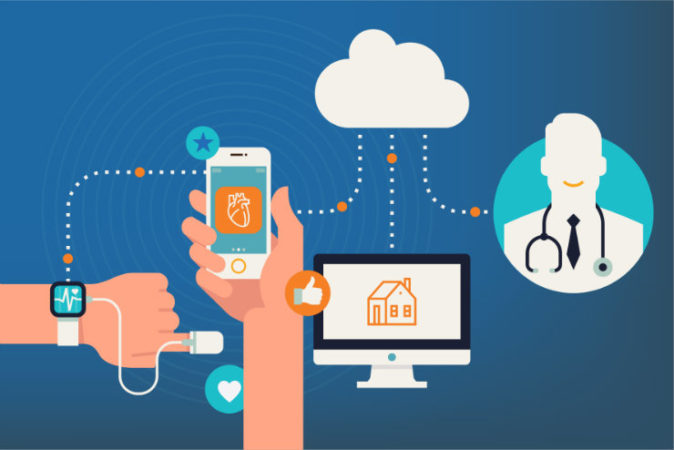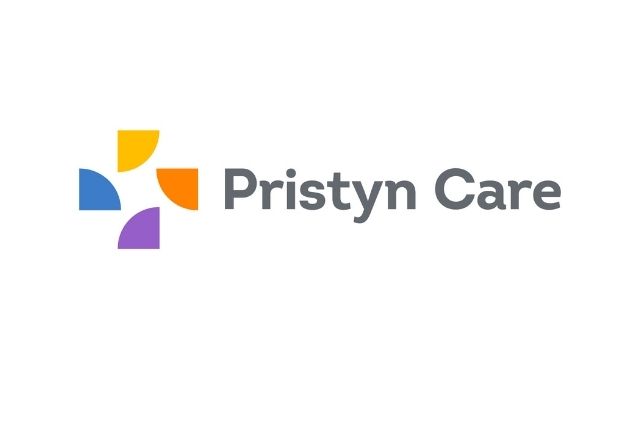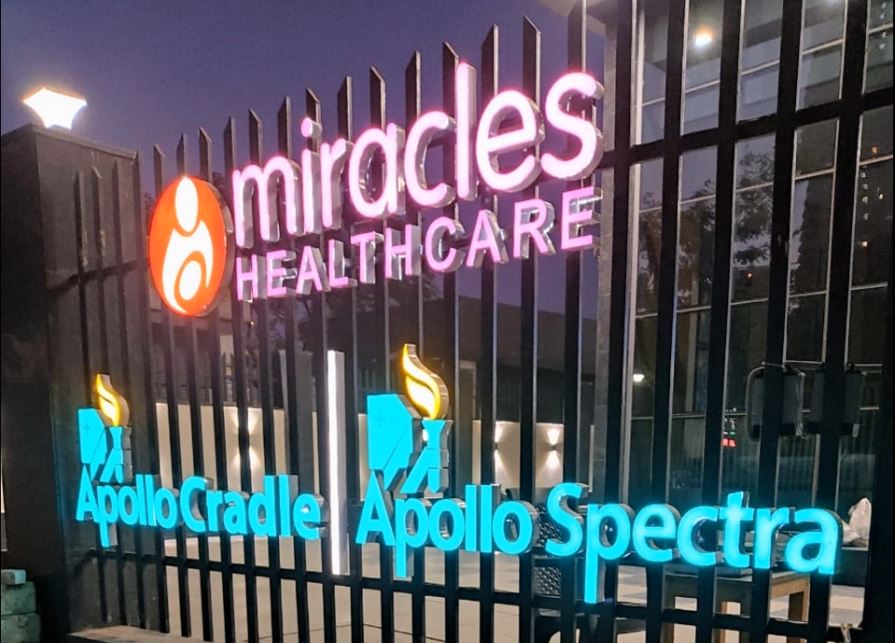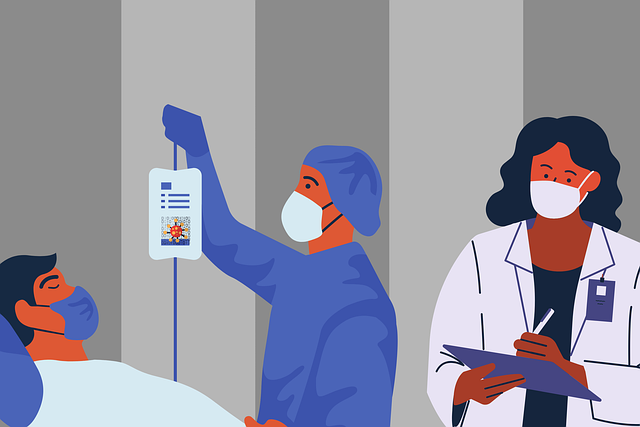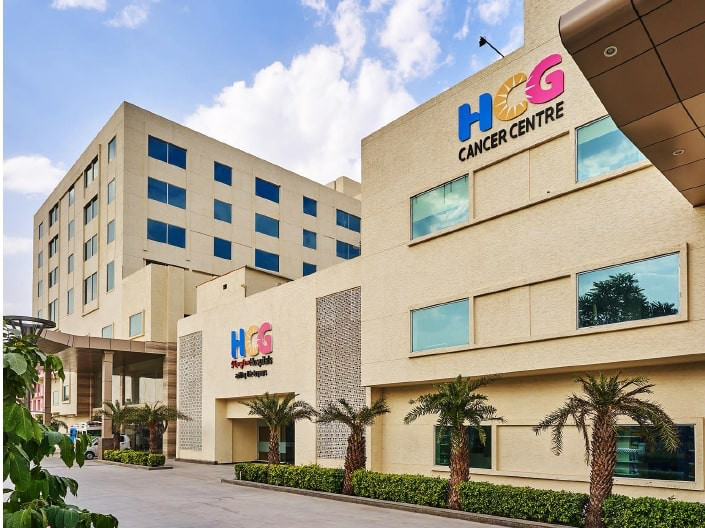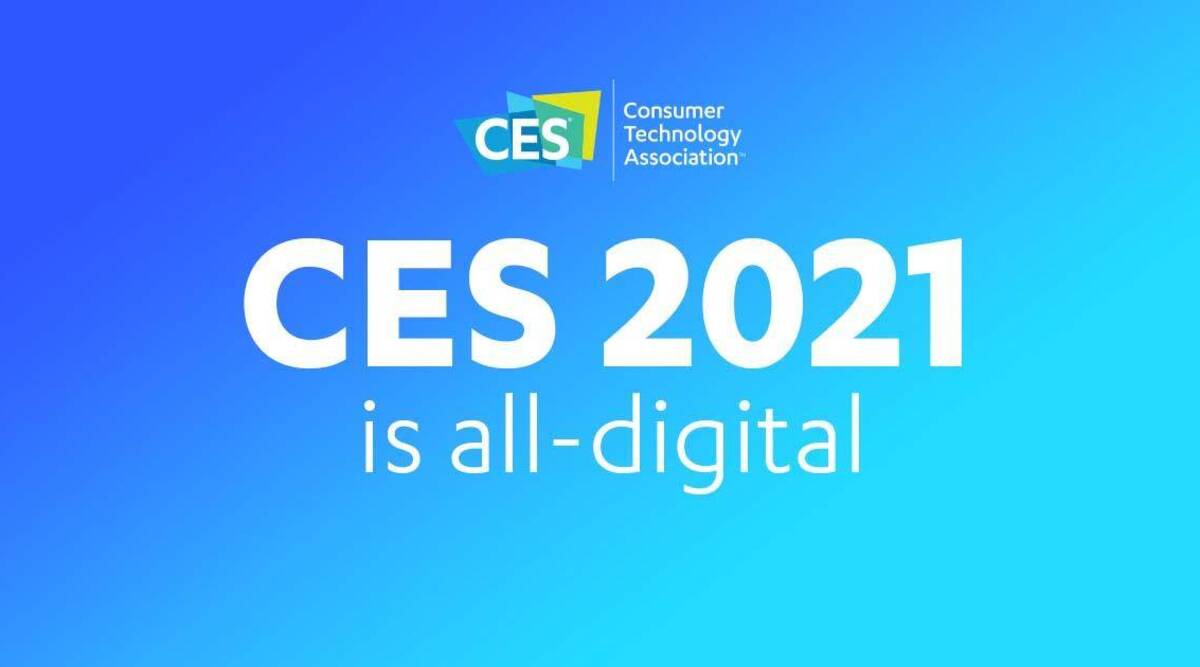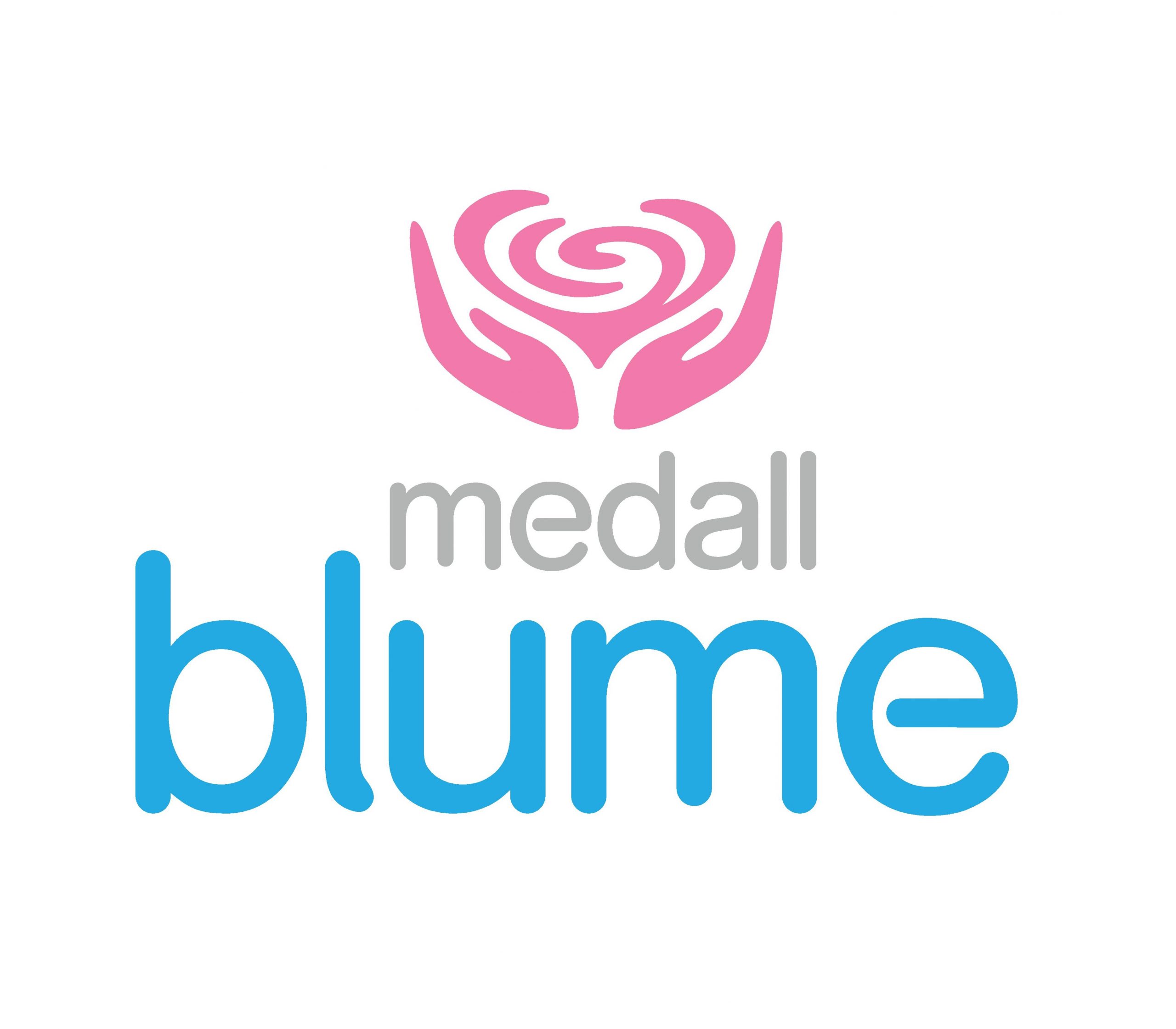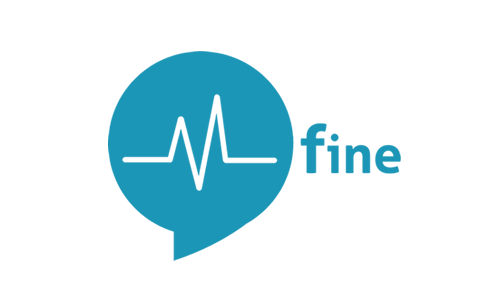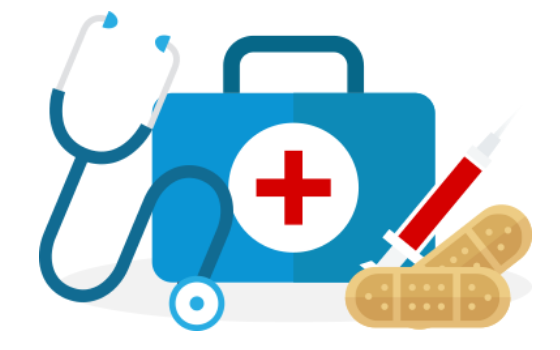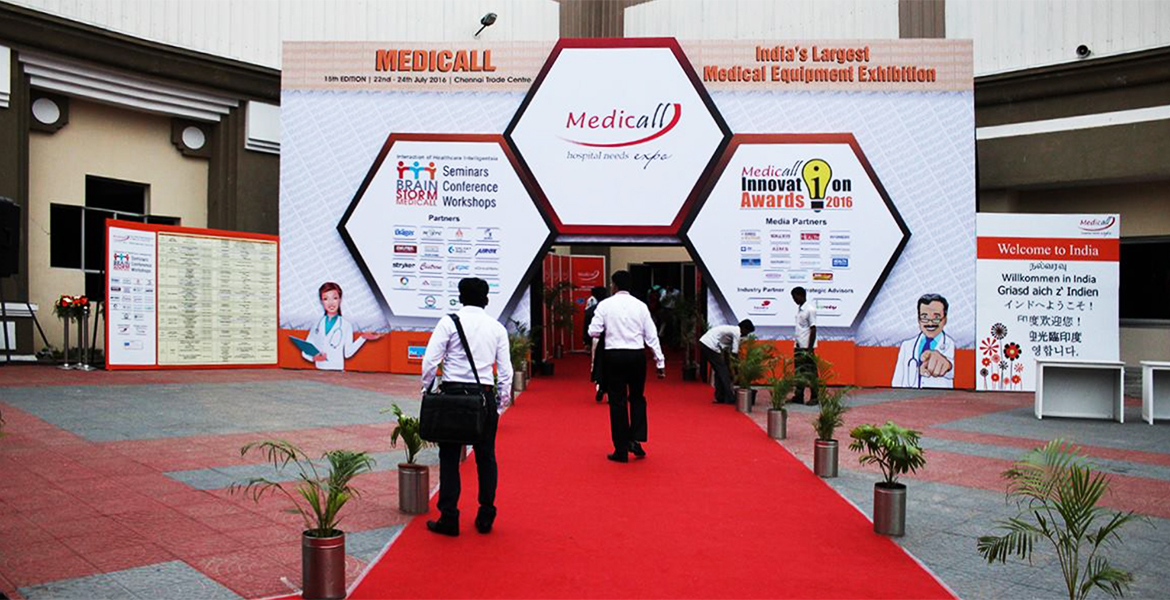Healthcare supply chain technology refers to the digital tools used by healthcare organisations to streamline, automate, and improve supply chain management. They assist healthcare organisations in better managing the flow of medications and supplies throughout the supply chain in order to reduce costs and ensure that healthcare providers have access to the supplies they require to care for patients.
Top executives at medical facilities are considering ways to restructure their supply chain management for healthcare in order to be more efficient and cost-effective in operations. They want to do this while also improving patient care as hospitals and health systems adjust to life after the pandemic.
The ability to save patients’ lives is contingent on an efficient healthcare supply chain. Furthermore, adopting technology is a significant step toward increasing efficiency.
However, it is unsurprising to see hospitals utilising technology more than ever before, from patient portals to electronic health records (EHRs). However, it may come as a surprise that hospitals have not fully embraced technology in one area: inventory management, also known as supply chain management (SCM).
Covid-19 cases are increasing as the country fluctuates between open and closed, and regulations vary by state, and the full reality of the pandemic has set in. As of this writing, the United States had surpassed 20 million novel coronavirus cases, leaving many hospitals across the country in desperate need of critical medication and supplies. As a result, healthcare and biopharmaceutical firms are rushing to produce products as soon as possible.
Before they can receive critical inventory, hospitals must overcome a formidable challenge: working with inefficient supply chains that may employ outdated distribution models.
What is the definition of Supply Chain in the Healthcare Industry?
A complex network of systems, elements, and procedures known as the supply chain in the healthcare industry ensures the production, distribution, and delivery of medications and other healthcare supplies to patients.
Even during pandemics or natural disasters, this intricate global system has been designed with numerous built-in safeguards to ensure that medicines and other medical supplies are produced and distributed as soon as possible.
The most important of these defences is the supply chain’s ability to anticipate, plan for, and respond to potential interruptions in one or more chain links across a diverse pre-established global network.

The importance of healthcare supply chain technology
Even before the COVID-19 outbreak, healthcare executives were dealing with a slew of supply chain issues. Drug shortages and the threat of counterfeit medications, to name just two of the many issues they face, have worsened as a result of the pandemic. As a result, the crisis acted as a catalyst for change, prompting organisations to invest in healthcare supply chain technology that can improve supply chain visibility and resilience.
Manufacturers, distributors, healthcare systems, and hospitals can use healthcare supply chain technology to improve inventory management and demand planning by gaining greater transparency across the supply networks on which they rely. This technology can be used by supply chain leaders and clinical teams to improve hospital supply chain management by streamlining workflows, tracking and monitoring key hospital supply chain metrics, and more closely coordinating efforts to improve supply chain efficiency.
Few Healthcare Supply Chain Software Market Leaders: Healthcare supply chain software automates the procurement of medical supplies, inventory management, and overall spend management. The software also promotes and supports transparency in the types of services and procedures provided to patients by primary, ancillary care, and non-acute care providers. Healthcare supply chain facilitates the ordering and receipt of medical supplies and products by stakeholders such as providers, distributors, and suppliers. Furthermore, healthcare supply chain software assists hospitals and medical practises in adhering to and delivering value-based care.
Curvo, Vizient, Delivery Manager, BlueQ, GreenLight Medical, ENVI by IOS, Hybrent, Medikabazaar, Intalere, and Premier Connect are a few leaders in Healthcare Supply Chain Software.
Healthcare Supply Chain Management & Blockchain:
The terms blockchain and cryptocurrency are frequently used interchangeably. Although the promise of digital ledger technology began there, it now extends far beyond. For example, the blockchain could make it easier to share information about medical supplies and other critical items that keep hospitals running.
The circular economy aims to reduce waste and repurpose resources in response to changing demands. A recent paper investigates how blockchain technology might support this approach. For example, after the COVID-19 outbreak began, distilleries switched to producing hand sanitizer, and those with extra fabric made face masks for critical personnel.
Blockchain-based methods are the most effective new methods for tracking a medicine’s entire lifecycle, down to a single dose. Organizations are already developing a variety of innovative blockchain-based solutions to provide a way to track items securely and reliably throughout their entire lifecycle.







